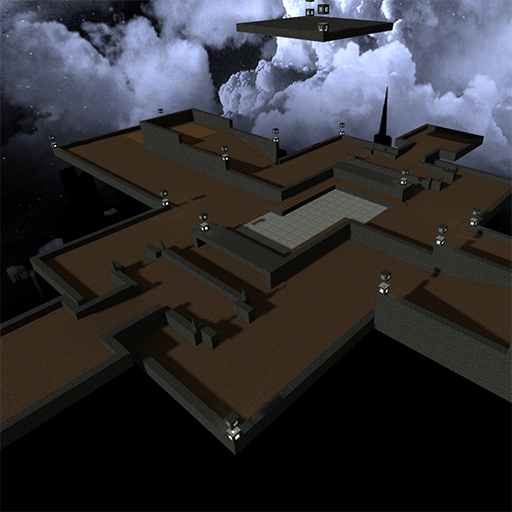

as a rogue state since the Persian Gulf War, possessed weapons of mass destruction (WMDs) and that the Iraqi government posed an immediate threat to the United States and its coalition allies. The Bush administration based its rationale for the war principally on the assertion that Iraq, which had been viewed by the U.S. formally withdrew all combat troops from Iraq by December 2011. involvement in Iraq accelerated under President Barack Obama. The United States responded with a troop surge in 2007.

Many violent insurgent groups were supported by Iran and al-Qaeda in Iraq. However, the power vacuum following Saddam's demise and the mismanagement of the occupation led to widespread sectarian violence between Shias and Sunnis, as well as a lengthy insurgency against U.S. The invasion led to the collapse of the Ba'athist government Saddam was captured during Operation Red Dawn in December of that same year and executed by a military court three years later. Iraqi forces were quickly overwhelmed as U.S. The invasion began on 20 March 2003, with the U.S., joined by the United Kingdom and several coalition allies, launching a "shock and awe" bombing campaign.

Bush following the September 11 terrorist attacks.

The invasion occurred as part of a declared war against international terrorism and its sponsors under the administration of U.S. became re-involved in 2014 at the head of a new coalition the insurgency and many dimensions of the civil armed conflict continue. An estimated 151,000 to 600,000 or more Iraqis were killed in the first 3–4 years of conflict. The conflict continued for much of the next decade as an insurgency emerged to oppose the occupying forces and the post-invasion Iraqi government. The Iraq War was a protracted armed conflict that began in 2003 with the invasion of Iraq by a United States-led coalition that overthrew the government of Saddam Hussein.


 0 kommentar(er)
0 kommentar(er)
